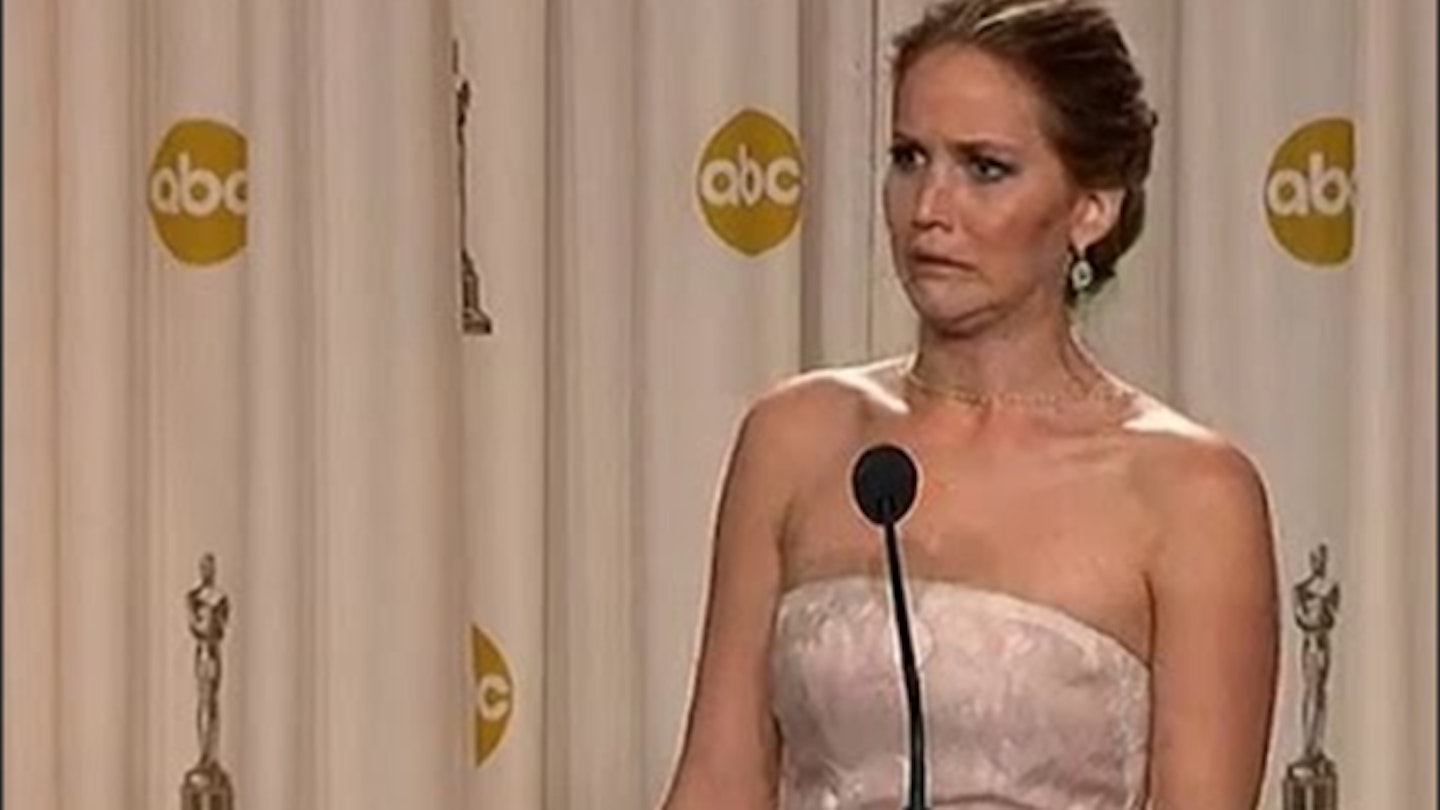In my school we learned how to say the Our Father in latin, how to work out the exact amount of energy in food by burning a crisp on a bunson burner, and how to calculate the hypotenuse of a triangle (like, what?). All of this makes me feel dead academic, but it didn’t stop me getting myself into a heap of bad debt upon being sent into the big wide world on my own. I reckon it would have been really useful to have had some ‘personal finance’ lessons at school, and here’s what I would have liked to learn…
-
Jargon!
APR, interest-free credit, ISA…what does it all MEAN? Luckily, there are really helpful tools out there to help you work out what it all means, like this one.
-
How much things ACTUALLY cost
I’m not talking like, a loaf of bread here, I mean big things. Like rent, water bills, council tax…a sofa. How much is a sofa?!
-
How to budget
And what’s the best way to set out your budget? Tips like the envelope technique would have been handy to know.
-
What is it likely I am going to get paid
Before I start studying for the career I think I want and then get disappointed by the wages offered, what, on average, do various jobs pay? Luckily, all of this information is on the internet! There are loads of average salary calculators, like this one.
-
Credit scores
What is one of those? How do I make it better? What makes it worse? What do I need it for?
-
What different types of bank accounts are
Current account? Savings account? Instant access ISA? Super-flexi smart plan wonder account? WHAT? WHAT ARE THESE WORDS YOU’RE SAYING TO ME? Is my money safe in a bank account? The answer to that is YES, thanks to the FSCS, all of your savings are protected.
-
What is a mortgage
I know I need one of these to buy a house, but what actually is it? How do I get one? Buying a house is a super complicated procedure, information like this, would have been really useful.
-
What is a pension
If I knew what it actually was and how it will benefit my life in the future, perhaps I would be more likely to set one up earlier on.
-
Where is it safe to keep my savings
In the bank? In a building society? Shares? UNDER MY BED? SOMEONE HELP! The answer to this is SIMPLE. It's safe to keep your savings in pretty much any bank or building society, thanks to the FSCS.
-
Benefits
Am I likely to be entitled to some benefits? What are these? How do I claim them? If you're still stuck, the Government have pulled together this pretty easy-to-follow A-Z guide.
-
What to expect when renting
You mean to say I don’t just choose a house and pay a landlord a fixed amount once a month? Deposit? FEES? CREDIT CHECK? SURVEYOR?
-
What is student finance
How much am I entitled to? How do I pay it back? What is a student overdraft? It would have been good to know that I needed to pay it back with interest.
-
What is credit – when is it good and when is it bad?
Credit cards, store cards, loans…when is good to use them and when they’re bad news.
-
How much do bills cost and how do I set them up?
When I moved into my first flat I had no clue, literally NO CLUE, how to set up paying for my utilities, never mind how much they’d actually set me back.
-
What are taxes and how much are they?
That’s a shocking moment, isn’t it? When you get your first pay check from your first proper job, and, hang on a minute, I’ve worked WAY many more hours than that…what is this huge deduction? Tax. That is tax. I would have liked to have been prepared for that.
If you’re well on your way to becoming a #Supersaver, check your savings are FSCS protected! That means if your bank failed for any reason, you'd get your money back automatically - and it's completely free. Find out more at: www.fscs.org.uk/protected
We're giving away little prizes every day for the next 3 weeks, to make becoming a #Supersaver a little bit easier. Follow us @TheDebrief and look out for our #Supersaver competitions every day this week. Ts & Cs here.
This article originally appeared on The Debrief.
